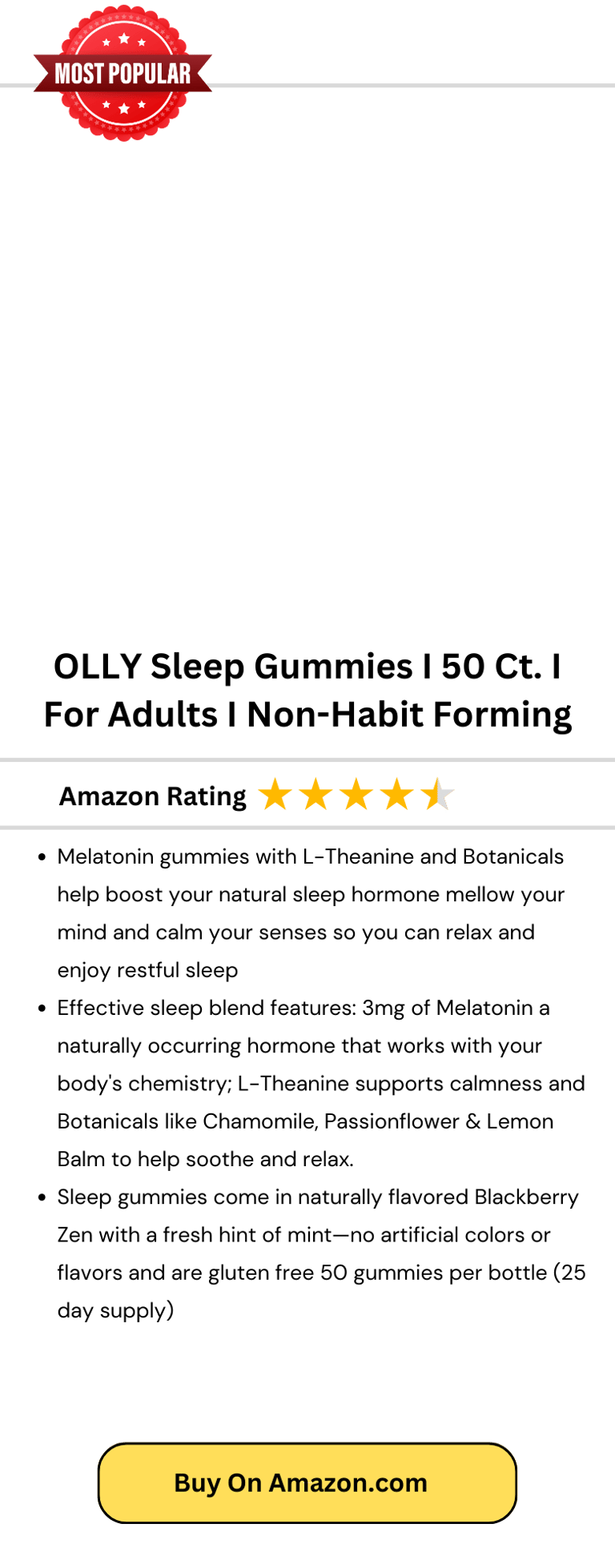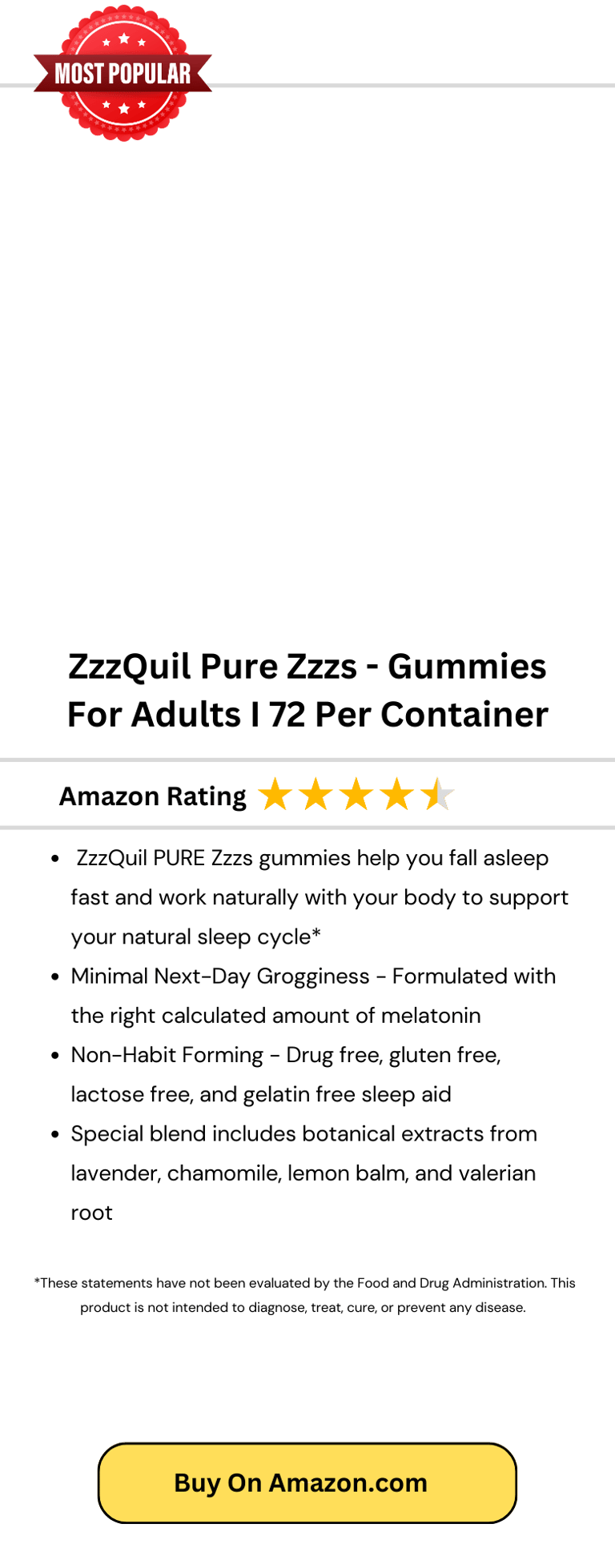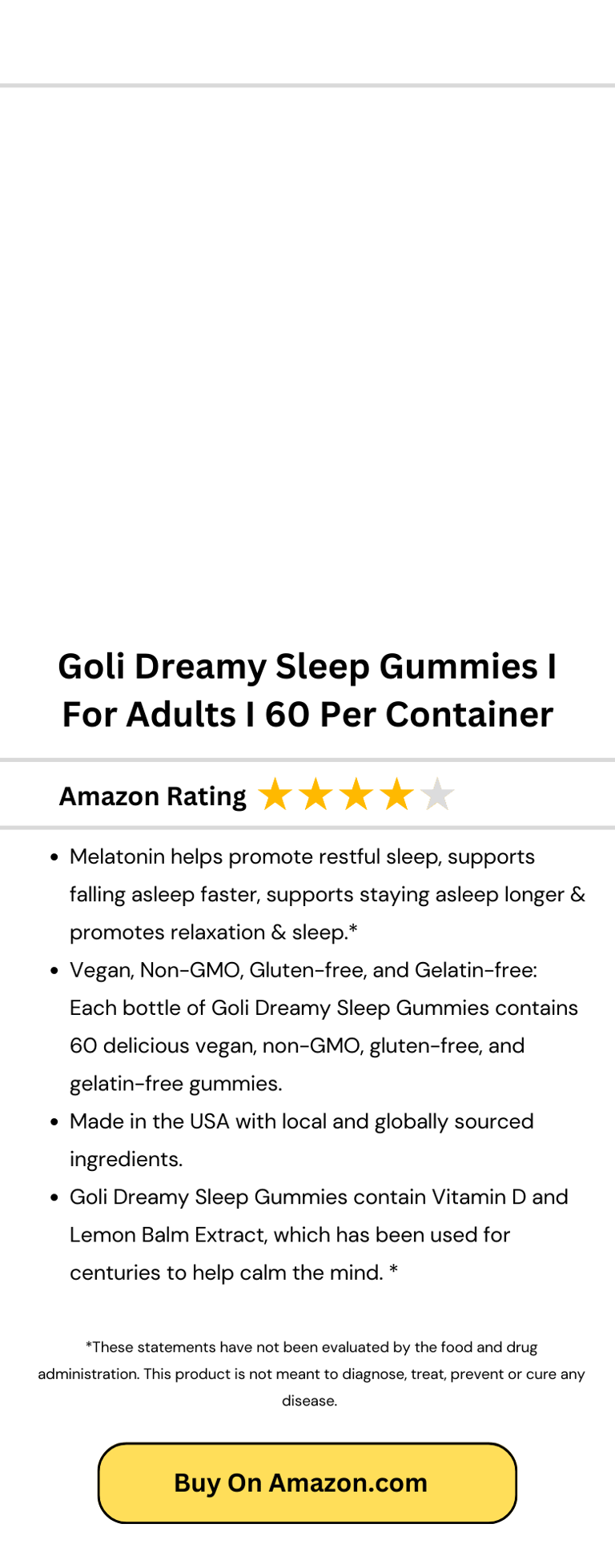
Sleep Aids
Sometimes a good night's sleep requires a little something extra.
Photo Credit: janiecbros
Over-the-Counter Sleep Aids – Types, Effectiveness, Risks, and More
Like a cellphone that doesn’t work at optimum level unless its battery is fully charged, humans, too, can’t be their best selves until they have enough sleep. Sleep allows our body the time and rest it needs to repair, rejuvenate, and maintain cognitive functions. Unfortunately, many individuals spend entire nights turning and tossing on their beds, unable to fall asleep.
This trouble in sleeping can take a chronic turn if the underlying issues aren’t addressed at the right time. Such individuals often had to take a little help from OTC (Over-the-Counter) sleep aids to get some shut-eye.
OTC sleep aids are medications available without a prescription and contain active ingredients with a sedating effect. These sleep aids have been helping insomniacs fall asleep and stay asleep for a long time now.
Let's take a detailed look into these medications, their types, and their natural alternatives:
Types of OTC Sleep Aids
Insomnia is often a constant companion of people with poor sleep schedules, stress, anxiety, or medical conditions. These factors cause sleeplessness by hindering and decreasing the production of melatonin, the hormones that make us feel tired and relaxed and, therefore, promote sleep.
This is where OTC sleep aids come in. They work by either boosting low melatonin levels or slowing down brain activity. The sleep-boosting ingredients are either extracted from nature or made from synthetic components.
OTC sleep aids can be divided into two main categories, natural sleep aids and other kinds of OTCs.
Natural Sleep Aids
This category of OTC sleep aids is often dietary supplements that make use of sedatives found in nature to help us sleep. They are also referred to as natural sleep aids.
Numerous sleep aids are found in nature. Some of the most common ones are:
1. Melatonin Supplements
When our pineal glands do not produce enough melatonin on their own, melatonin supplements can be used to fall asleep faster and to enjoy good quality sleep.
A review conducted in 2019 analyzed 18 different studies on melatonin supplements. The combined subjects of all the research studies included 1021 children, and all of them concluded that melatonin supplements showed massive improvement in the time to fall asleep and the duration of sleep.
> Browse Melatonin Sleep Supplements on Amazon.
2. Valerian Root Supplements
Another natural sleep aid comes in the form of valerian roots. As the name suggests, this supplement is made from the root of the Valeriana plant and doesn’t just have sedative properties but also contains anxiolytics. The active compounds in valerian root are thought to enhance the activity of GABA, a neurotransmitter in the brain that helps to calm and relax the nervous system.
The effectiveness of this supplement in aiding sleep has been proved by 40 years of research and 60 years of studies that found that valerian root not only improves sleep but also reduces anxiety, which is one of the top inhibitors of melatonin.
This supplement can be consumed in a variety of forms, including capsules, tablets, tinctures, and teas.
> Browse Valarian Root Sleep Aids on Amazon.
3. Chamomile Tea
Have you ever noticed how relaxed and calm you feel after drinking chamomile tea? It’s because this herbal tea has mild sedative properties, which makes it quite effective in improving the time it takes to fall asleep.
Chamomile works to improve sleep in various ways. Its active compound, apigenin, is a flavonoid that binds to the receptors in our brain. Studies found both chamomile tea and capsules containing chamomile positively impact sleep.
> Browse Amazon for a wide selection of Chamomile Teas.
Other Types of Sleep Aids
The second, more common, category of OTC sleep aids contains the active ingredient, antihistamines. Antihistamines are used to treat allergy symptoms, and one of their side effects is sleepiness. Sleep aids contain antihistamines in different dosages to treat mild to chronic insomnia.
1. Diphenhydramine
Diphenhydramine is an antihistamine and is a common remedy for allergies. It works by blocking the action of histamine, a chemical in the body that promotes wakefulness. As a result, it causes intense drowsiness and is, therefore, effective as a sleep drug.
2. Doxylamine Succinate
Doxylamine succinate is another antihistamine available over-the-counter in many countries as a sleep aid. However, in some places and certain dosages, it requires a prescription. This OCT is often used as a short-term treatment for insomnia and can help you fall asleep within 30 minutes of consumption.
Research on either antihistamine is limited, but there is evidence that they may have some possible side effects.
> Search a variety of OTC Sleep aids on Amazon.
Differences between Natural Sleep Aids and Other Types of Sleep Aids
All sleeping aids have a varying degree of effectiveness as a short-term treatment for insomnia. However, these are OTCs, and many people don’t consider asking their health practitioners about drug usage. It’s crucial to know the difference between the two types of sleep aids so that we can make an informed decision and the right choice.
Here are some of the following ways they differ:
Safety
In terms of safety, natural sleep aids are safer than other types of sleep aids, as they are made from natural ingredients and are less likely to cause adverse effects.
Efficacy
No research has been conducted to compare the efficacy of natural sleep aids and antihistamines; however, neither can be used to treat chronic insomnia. OTC sleep aids can only treat the symptoms of insomnia for a short while.
Side Effects
Natural sleep aids tend to have fewer side effects but may not be as effective for treating more severe or chronic sleep disorders.
Addiction Potential and Interactions with other Medications
Natural sleep aids are generally not addictive but may interact with other medications. Antihistamine, on the other hand, may cause dependency when abused.
Key Takeaway
Despite their OTC status, it is crucial to consult a healthcare provider when choosing a sleep aid. Even more so if an individual has any personal health conditions. We must also carefully read and understand the labeling and dosage instructions and educate ourselves on the side effects.
Most importantly, it must be kept in mind that OTC sleep aids can only be used for a short period to treat occasional bouts of insomnia. Taking sleep aids daily can cause dependency and prevent us from getting the right treatment for the underlying causes of insomnia.
Our Top Picks - Popular Melatonin Sleep Supplements
Disclaimer: Taking sleep aids DOES NOT substitute for diagnosis, treatment or medical advice from your physician. If you are having problems sleeping, you should consult with your physician first to determine whether sleep aids are the right solution for you.





